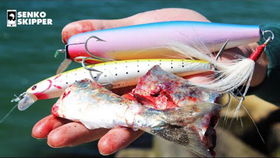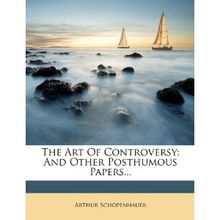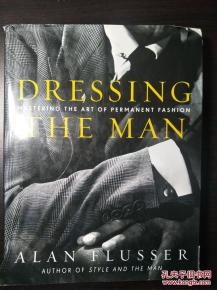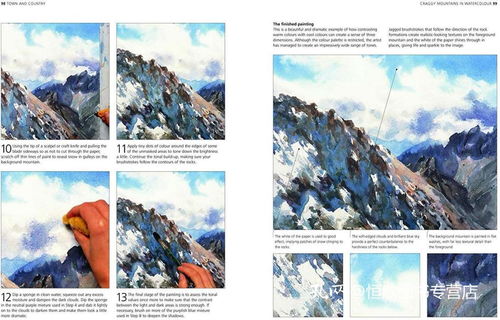Content:
Winter and overcast days can often be challenging for anglers, as the cold temperatures and lack of sunlight can affect fish behavior and make it more difficult to find them. However, with the right techniques and mindset, you can still enjoy successful fishing trips even on these seemingly不利 conditions. Here are some essential tips for mastering winter and overcast fishing.
Choose the Right Equipment
Winter fishing often requires specialized gear to ensure your comfort and the effectiveness of your fishing techniques. Here are some essential pieces of equipment:
- A sturdy, lightweight rod and reel that can handle the weight of your chosen bait or lure.
- A warm, insulated fishing jacket and waterproof pants to keep you dry and comfortable.
- A pair of gloves that provide good dexterity but also keep your hands warm.
- A good quality, breathable fishing hat to protect your head from the cold and keep your ears warm.
- A heated hand warmer for added warmth, especially during longer fishing sessions.
Find the Right Spot
In winter, fish tend to congregate in deeper waters where the water temperature remains relatively stable. Look for areas such as:
- Depths of 10 to 20 feet, where fish can find warmth in the deeper layers of water.
- Near underwater structures like rocks, logs, and bridge pilings, which can provide protection from the cold and serve as natural fish habitats.
- Areas with current, such as the edges of rivers or streams, where oxygen levels are higher.
Adjust Your Bait and Lure Selection
In overcast conditions, fish may be less active, so it's important to use baits and lures that mimic natural prey and can attract their attention. Here are some tips:
- Use natural baits like worms, minnows, or leeches, which are more likely to trigger a bite in overcast weather.
- Employ lures that can be worked slowly, as fish may not be as active in these conditions.
- Consider using lures with bright colors, as they can stand out more in low-light conditions.
Timing is Key
Fishing during overcast days can be more challenging, but it's not impossible. Here are some tips for the best times to fish:
- Early morning or late afternoon, when the sun is lower in the sky and the light is softer.
- During periods of light snowfall or rain, as these conditions can mimic natural overcast conditions and may stimulate fish to feed.
- Avoid the middle of the day when the sun is directly overhead and the light is the brightest, as fish may be less active during these times.
Be Patient and Observant

Winter and overcast fishing require patience and attention to detail. Here are some tips to help you be more successful:
- Pay close attention to your fishing line and equipment. Even the smallest movements can indicate a fish biting.
- Keep an eye on the water's surface for any signs of fish activity, such as ripples or disturbances.
- Be prepared to change your tactics if you're not having success. Sometimes, even a slight adjustment in bait type or presentation can make a big difference.
Stay Warm and Comfortable
In winter, staying warm is crucial. Here are some tips to help you maintain your comfort:
- Take regular breaks to warm up and stay hydrated.
- Keep a thermos of hot drinks nearby to stay warm and energized.
- If possible, use a portable fish finder or a depth finder to avoid unnecessary wading and keep you warm.
By following these tips and being prepared for the challenges of winter and overcast fishing, you can increase your chances of success and enjoy a memorable day on the water. Remember, the key is to be patient, observant, and willing to adapt to the conditions. With the right approach, you can still catch some great fish even on the cloudiest of days.












